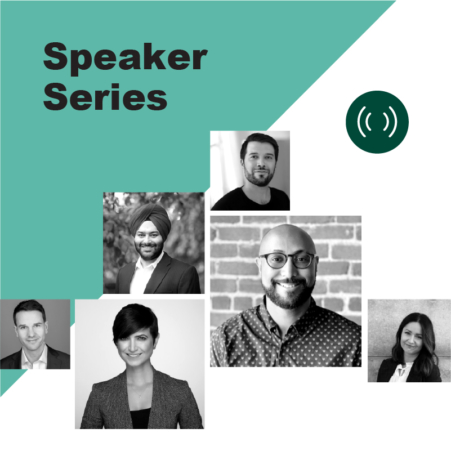“One of the things that I talk a lot about is the difference between what I call a product owner and a product renter. I believe that product ownership leads to better products and careers. I remember growing up in India where I rented a home in Mumbai. However, when I moved to America and bought my first home, my mindset changed. So we’ll go through that analogy because I believe thats the mindset that you have to change.”

Don’t miss out on a single product conversation. Join our weekly Speaker Series and engage with top product leaders.
Reserve Your Spot
The Product Owner Mindset
In order to change a mindset to be a product owner, this is the road map to follow.
- Operate at the Lowest Level of Detail: Product owners work at a much lower level of detail than a PM
- Customer Obsessed, Not Competitor Focused: Product owners don’t worry about where the market is, or who is catching up to who.
- Think Outside the Room: Product Owners work highly cross-functional. Successful interactions shape successful products
- Choose Optimism and Have a Plan: Product owners balance optimism and realism.
Operate at the Lowest Level of Detail
Here are the key points to operating at the lowest level of detail:
- Be self-sufficient as a PM
- Learn architecture and know the gaps
- Look beyond the averages
When I bought my first house, the inevitable happened. My toilet broke. So, I went out to Home Depot and to get a plunger and a snake. As I bought the items, I remember I had never done that in my life. As a renter, you just make a phone call and someone fixes the problem. Eventually, somebody told me, “Rajat you need to figure it out. You need to learn how to do it because you’ll see where things are broken and what’s going on with the house”.
This mindset applies for product managers too. In fact, I believe that the first value of a product owner is self-sufficiency. When I first became a PM, there were very few analysts. So we had to sit down and bust out our secret skills and all of that.
Nowadays, the PM has a team of analysts at their disposal. However, that does not mean that a PM does not need to know basic analytical self-sufficiency. Therefore, understanding your architecture, being self-sufficient, and operating at the lowest level of detail is important. That for me is the first characteristic of a product owner.
About the host
Oren is a Product leader with over a decade of experience in challenging the status quo at large companies as well as start-ups.